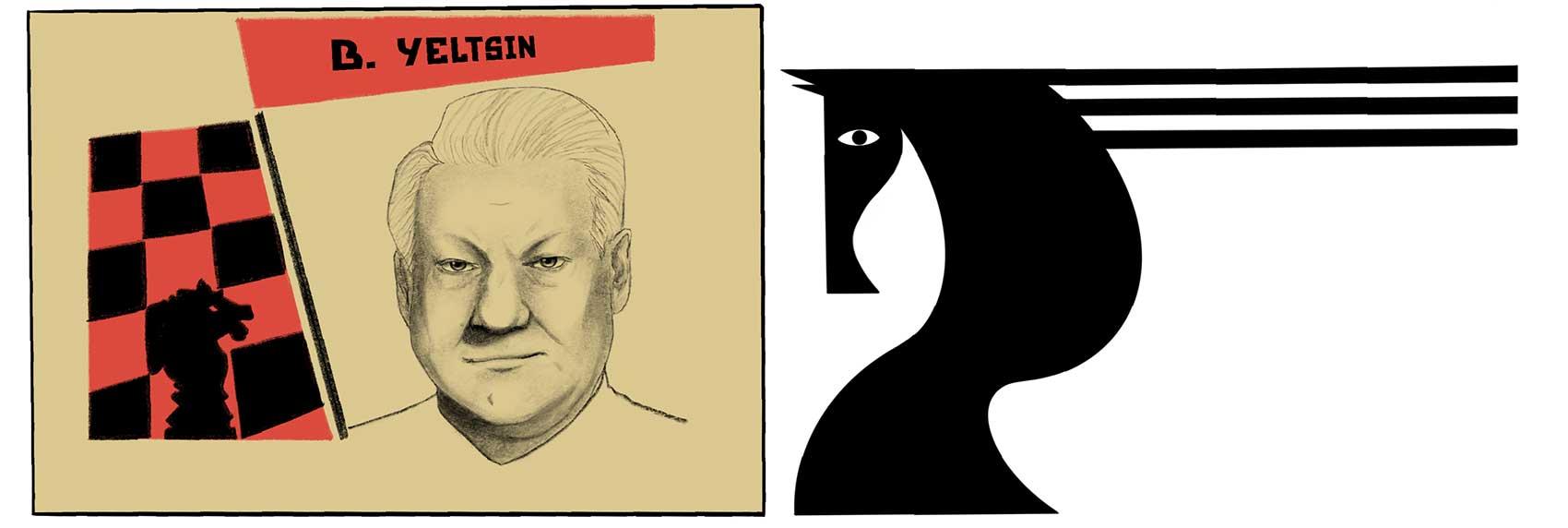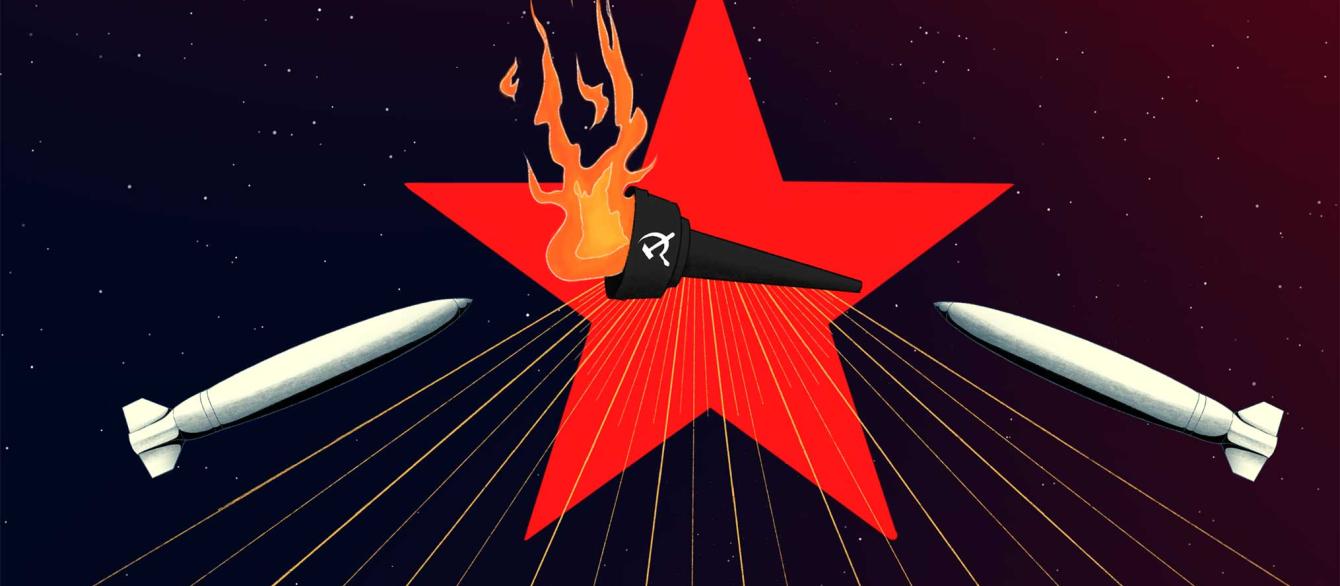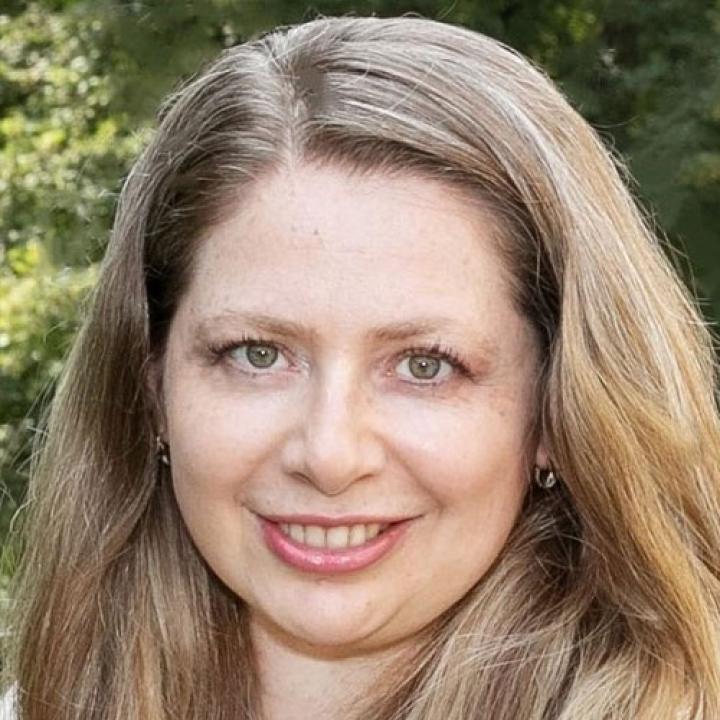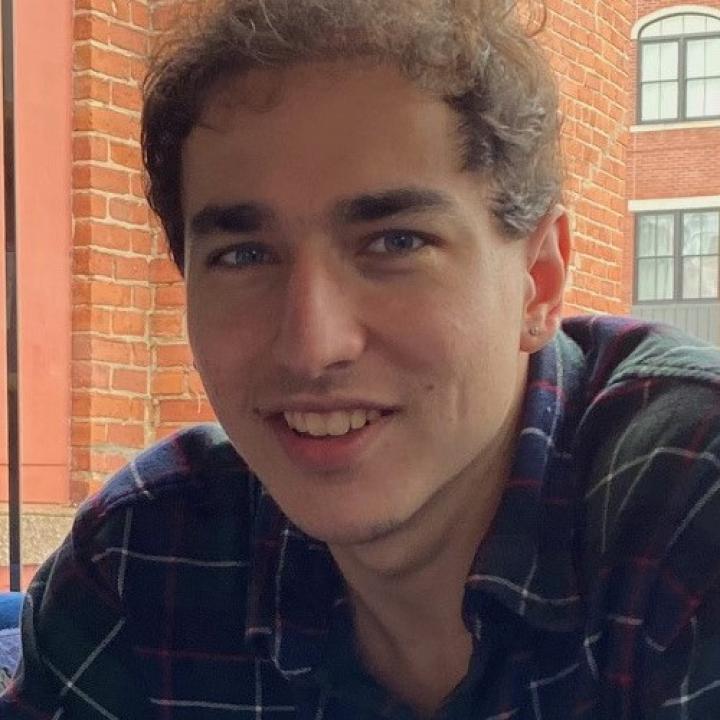A scientist, an Irish poet, and a man who slips between the raindrops walk into a hunting lodge in the Belavezha Forest in Soviet Belarus. They don’t know it yet, but they are about to kill a superpower. This five-part podcast tells the story of the mysterious weekend in December 1991 that ended with the dissolution of the Soviet Union.
Listen to the podcast on Soundcloud, Spotify, or Apple Podcast.
Episode 1: Do You Believe in Miracles?
The Soviet Union drew its last breath on Sunday, December 8, 1991, in a hunting lodge inside the primeval Belavezha forest. The life of a global superpower—offering the last ideological alternative to liberalism—ended over a boisterous weekend. Many believe that it was doomed because of flawed ideals, but few know the story of the Belavezha Accords. In this premiere episode of How to Kill a Superpower, Dr. Yelena Biberman and Zachary Troyanovsky begin unearthing the haunting legacy of the USSR’s dissolution while piecing together what happened at that hunting lodge.
Wherever I look, there’s something living growing on something dead.
View a complete transcript of episode 1
Episode 2: History Made Them, and They Made History
How much agency did the signatories of the Belavezha Accords have? Factors outside of their control shaped their behavior in ways that even they could not have predicted. In this episode, our hosts seek wisdom from Fyodor Dostoevsky and Leo Tolstoy to understand the dissolution of the USSR, as well as their own unusual life stories.

History weighs the most on those who aim to change it.
View a complete transcript of episode 2
Episode 3: Liquid Courage
Dr. Yelena Biberman and Zachary Troyanovsky explore the role of spontaneity at Belavezha, narrowing in on the exact moment of dissolution: a dinner party. The seating arrangement, a late arrival, and the sequence of phone calls all influenced the outcome. Did vodka?

We’re a civilized people. We’ll look after the nuclear weapons.
View a complete transcript of episode 3
Episode 4: The Hero of Tetris
Boris Yeltsin’s trip to a supermarket in Clear Lake, Texas, planted a seed of the USSR’s destruction. The United States won the Cold War with free-market capitalism—and Jell-O pudding pops. Still, astoundingly, the collapse of the USSR was not what the U.S. government wanted. In this episode, Dr. Yelena Biberman and Zachary Troyanovsky evaluate the Cold War confrontational narrative and offer a new perspective on how the USSR dissolved.
Greatness lies in the ordinary.
View a complete transcript of episode 4
Episode 5: Scrambled Beans
The signatories of the Belavezha agreement believe it should serve as a consensus model for the world—an example of diplomacy, civil discourse, and nonviolent means of conflict resolution. The events at Belavezha are among the most momentous in modern history. But, unlike the fall of the Berlin Wall, most people have never heard of them. In the conclusion of How to Kill a Superpower, our hosts consider why this is the case and what term effectively describes what happened.

There’s a reason why the conventional narrative doesn’t include Belavezha. Like a poorly timed Rhode Island Z, it just doesn’t fit.








